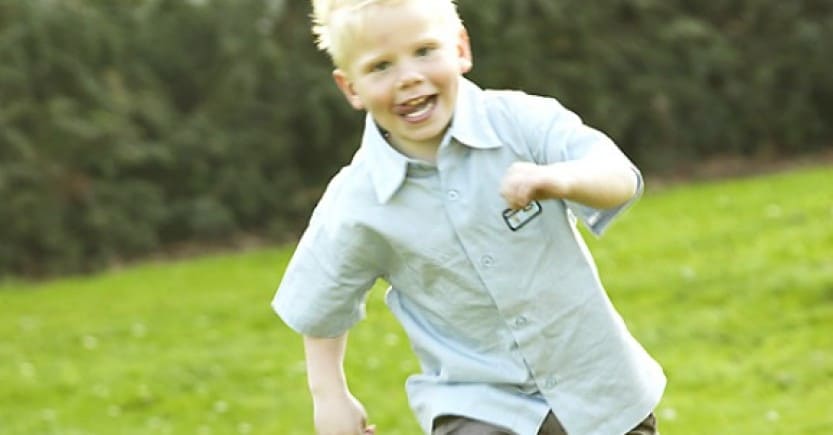Our Legacy to Grandchildren
Linda Weltner wrote this article for the Boston Globe.
I was sitting at a coffee shop with friends, all of us grandmothers. We were talking about our amazing grandkids but contrary to what you might expect, we weren’t bragging. We were sharing serious concerns. I have changed the names for reasons of privacy.
“I worry about Dory,” said one of the women. “She’s hyperactive I guess, but what disturbs me most is that she doesn’t make much eye contact. She’ll look into your eyes for a second, but then she’s off, and you feel as if she hasn’t really connected.”
“John’s been diagnosed as dyslexic,” said another. “He’s having trouble with reading, and his teachers complain that he doesn’t pay attention, which astonishes me, because he was the most amazingly alert toddler. I can’t believe he’s having trouble in school.”
“Jody’s so easily upset that it’s difficult for me to be with her,” said the third woman. “She’s been like that from the moment she was born. As an infant, she was a light sleeper and any noise would start her crying. She doesn’t seem to have the ability to soothe herself.”
“Is there anything like this in any of our backgrounds?” I asked.
We thought for a moment, turning siblings, aunts and uncles, parents and grandparents over in our minds. No one in any of our families had suffered from problems like these. Our kids certainly hadn’t, and as far as we know, neither had our children’s spouses.
“Are the kids watching too much TV?” someone asked.
One family had no TV. The other two families limited the time their kids spent in front of the set. We left, hugging one another with greater intensity than usual. Apart from sympathy, we had nothing to offer one another, and no idea why our personal stories dovetailed.
I started researching the problem of whether something widespread was happening to children these days. Then I decided not to write about what I’d found.
How could I scare grandparents with the news that Diane Dumanoski, coauthor of Our Stolen Future: Are We Threatening Our Fertility, Intelligence, and Survival? believes that the more than 70,000 untested chemicals introduced since World War II are linked to the increase in behavioral disorders being seen in schoolchildren today? She cites evidence that these poisons, at levels well below those generally recognized as harmful, may be causing permanent damage in utero, resulting in learning disabilities, attention problems, and hyperactivity.
How could I upset pregnant women with the news that umbilical cord blood has been tested and found to contain PCBs, pesticides, and pthalates, an ingredient in plastic? How could I frighten young parents with the information that all American children are now born with dioxin in their blood, and that Dutch studies have shown dioxin exposure is linked to lower IQ, withdrawn and depressed behavior, attention deficits, hyperactivity, and alteration of the immune system?
At first I was too upset to write. Then I got mad.
I am so sorry to be writing this, but I’m only the messenger, not the perpetrator of this assault on our unborn children. These chemicals are invading children’s bodies because we refused to heed the old wives, whose stories had morals like “Better safe than sorry” and “Look before you leap.” Instead we listened to the profit makers who found certain levels of risk acceptable (to them, never to us). We handed our lives over to businessmen who flooded the environment with poisons, then placed the burden of proof of harm on their innocent victims.
While [Massachusetts] Governor Cellucci drags his feet about uniform clean-air standards, and agribusiness creates genetically modified foods that are actually pesticides, and mercury pours out of incinerator stacks, and the EPA and the FDA bow to corporate pressure, it is the grandmothers who have to watch their grandchildren struggle with neurological deficits that could have been avoided if we only valued life as much as we do money.
Who gave these people the right to poison mothers’ bodies? Who gave these people the license to injure children’s minds? Where is the will to stop them? Grandmothers who have mopped up plenty of spilled milk in their lives could teach these criminals a lesson. We know, with bitter certainty, that these poisons can never be put back in the bottle.
And that’s why we hug our grandkids so tightly.
And stifle a scream.









